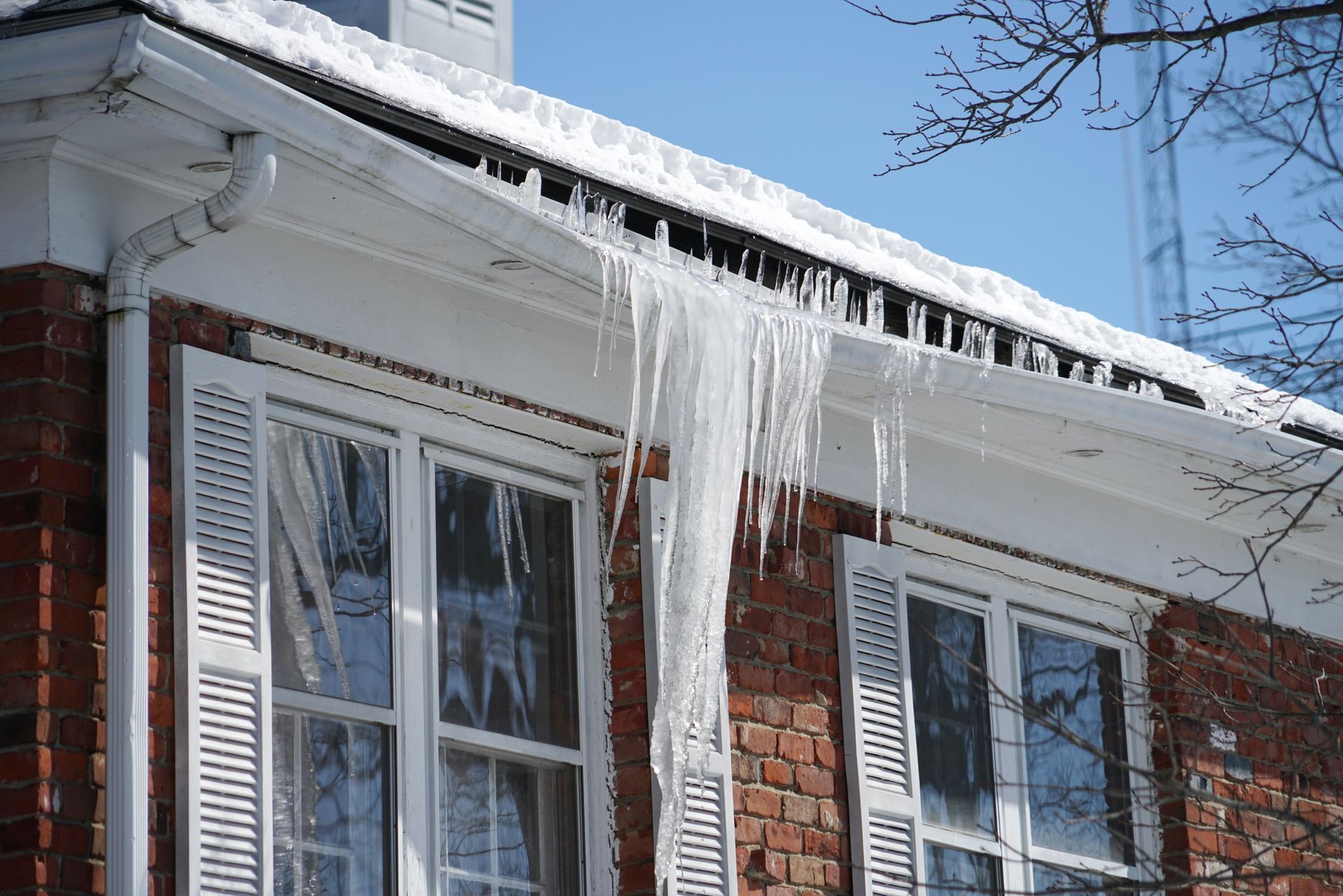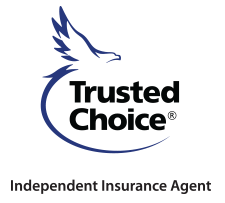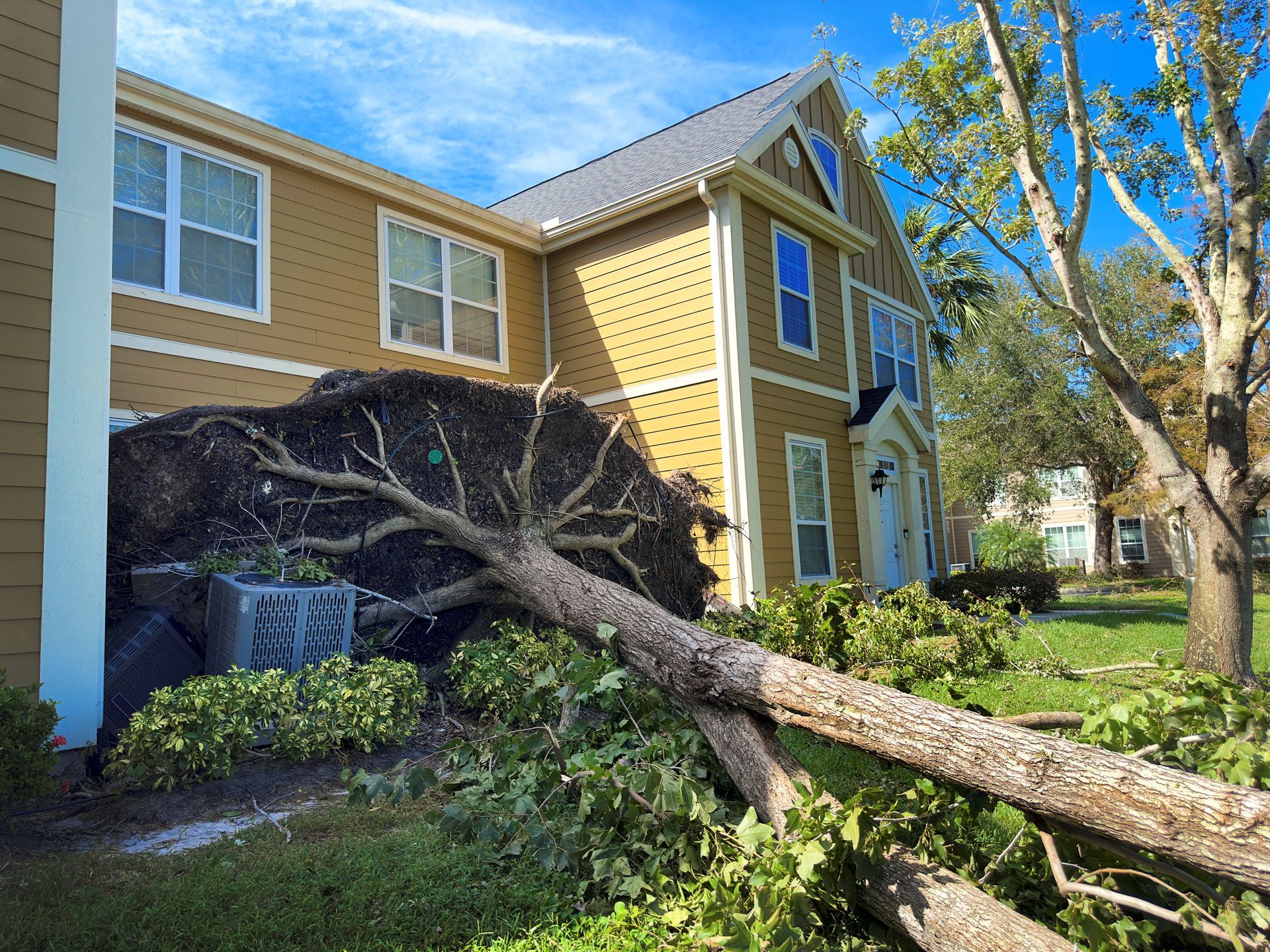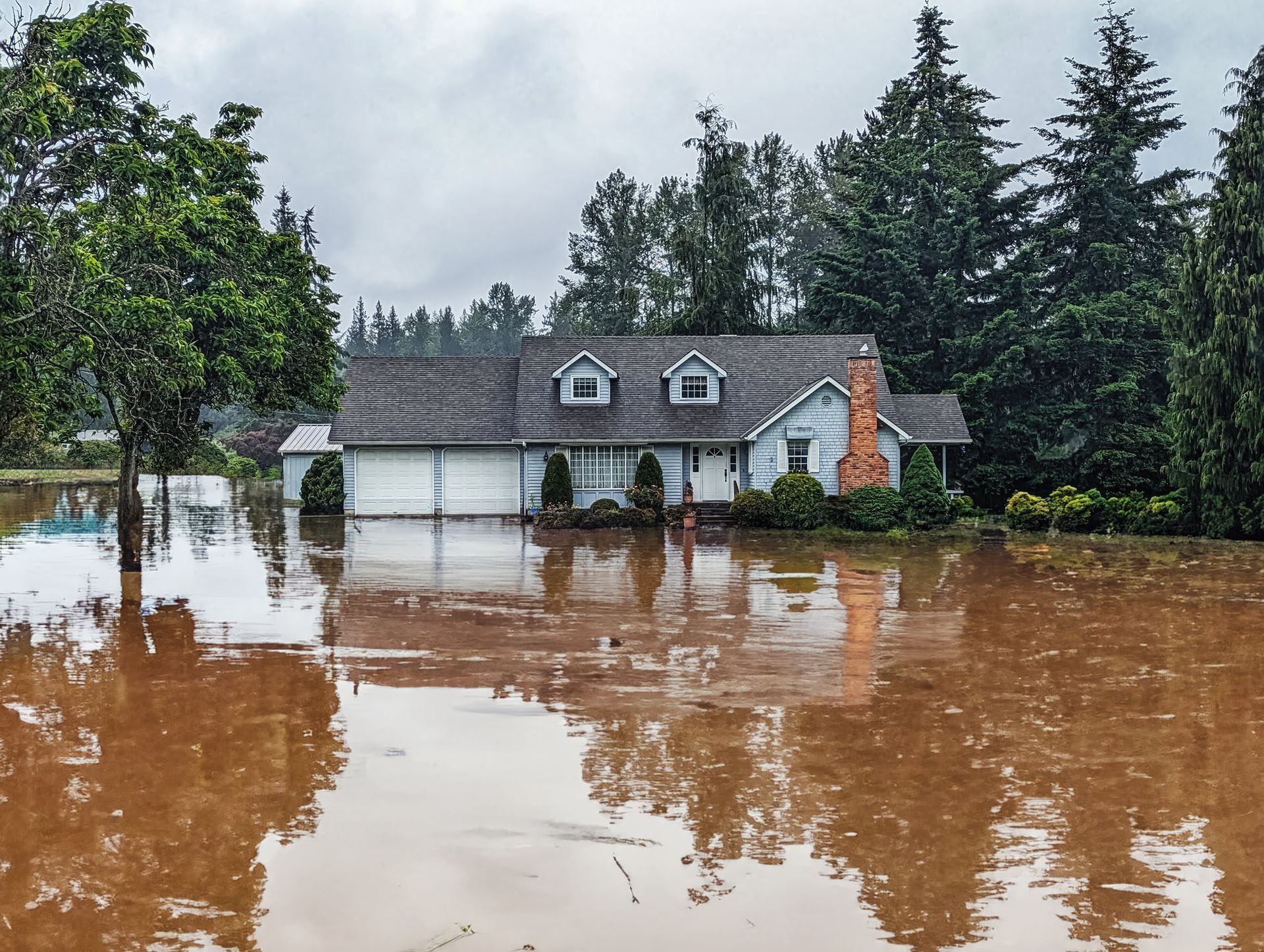How to Save Money on Gas
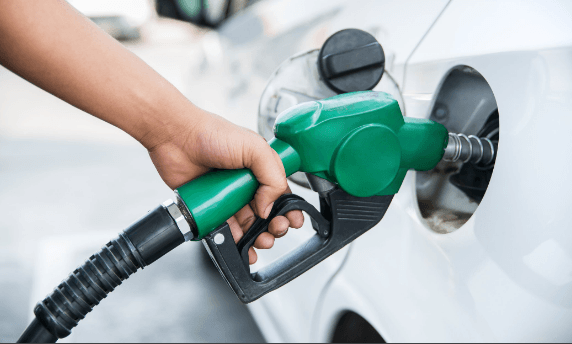
We Americans love our vehicles and the many freedoms they provide us daily. Nothing is more convenient or reliable at getting from Point A to Point B than a car.
The problem, of course, is that it is becoming increasingly more expensive to operate our cars because of soaring gas prices. The bad news, unfortunately, is that those costs will likely continue to rise because of a confluence of factors.
Traditionally, gas prices have fallen in line with crude oil prices. In this instance, however, gas prices have climbed as crude prices have remained steady or started inching up. Gas prices almost certainly will continue to climb, and they will hit car-loving Americans hard in the wallet.
Gas Saving Tips
It can be a sick feeling seeing the gas pump flip to $40, then $50 and $60 as we fill up our cars, trucks and gas-guzzling SUVs, but does it make you sick enough to do something about it?
With prices already high and getting even higher, most of us are going to have to start finding ways to either find cheaper gas or cut back on driving. If you are willing to make changes — with your routines, with your driving habits and with your thought processes — you can reduce the amount of gas you burn and invariably save some money at the pump.
Saving Cash at the Pump
By planning and doing a little research before buckling yourself in, you can fill your tank with the peace of mind knowing that you got the lowest prices possible.
Join a Fuel Rewards Program
Several national gas station and grocery store chains offer fuel rewards programs to get you to be loyal to their brand. However, be sure to familiarize yourself with their rules about how much you can save and how much you have to spend to utilize the rewards. Also, if the stores offering the rewards only have a couple of locations in your city, are you driving out of your way — and ultimately burning more fuel — to utilize these rewards?
Shop around Using Apps
One of the worst feelings in the world is filling your tank full of gas and then driving 100 yards down the road and seeing significantly cheaper fuel prices. To avoid that, use popular apps such as GasBuddy or Waze. Yep, if you’re looking to save money and shop around for the cheapest gas possible, there’s an app for that!
Plan Your Fill Ups
In a perfect world, you wouldn’t wait until your tank is almost empty before filling up, but life tends to get in the way of those goals sometimes. However, if you can avoid driving on `E,’ you might be able to avoid having to stop at that national chain by the highway that charges top dollar for fuel. Also, there’s this as it relates to planning your fill-ups: Gas prices tend to climb after 10 a.m. on Thursday mornings before travel-heavy weekends and holidays. Various studies show that prices tend to be their lowest on Mondays and Tuesdays and steadily climb as the weekend approaches. If you’re about to travel on the weekend, plan to fill up early Thursday whenever possible to avoid the rising costs.
Tips to Make Your Vehicle More Fuel Efficient
Sometimes, the best way to save money on gas is by making changes and minor fixes to your vehicle prior to even pulling up to the pump. Here is a list of easy-to-do maintenance work that can help you stretch a few more miles out of each tank of gas.
Kick the Tires
Studies show that under-inflated tires result in one cent more of fuel being burned per mile as opposed to when the tires are properly inflated. If you drive around 350 miles on a full tank, that’s $3.50 you’re wasting between fill-ups. Be sure that you aren’t ignoring that pesky tire-pressure indicator if you want to maximize your fuel efficiency.
Synthetic Oil Makes a Difference
When pressed for a decision by the mechanic at the oil change shop, pick synthetic oil because it makes a dramatic difference in the amount of friction on your engine and its efficiency. Sure, a fully synthetic oil change is often twice as much as a normal oil change, but it will ultimately pay off in the life of your engine and the efficiency with which it runs.
Power Everything Down
Sure, when you turn the engine off, the AC stops blasting cold air, your phone charger shuts down and your GPS device goes dark. However, few know that you can save on gas by shutting all those devices down completely before turning your engine off. Upon restarting your vehicle, it takes more gasoline to restart vehicle if your air conditioner is cranked up high and your devices are already turned on. If they are in the off position when you start the car, it will take less fuel to crank the engine. Remember: Small steps along the way can ultimately make big differences.
Better Driving Habits to Save on Gas
Of course, the way we drive can go a long way toward saving on gas or wasting it needlessly. Pay attention when you slide in behind-the-wheel and how your driving affects gas mileage.
Following a few of these tips will produce surprising results when you see your gas charges at the end of the month.
Drive with Patience and Sanity
If you are someone who likes to rev your engine at stop lights, race off the line and drive perilously close to the bumper of other cars, then your vehicle undoubtedly is guzzling gas.
If you have a lead foot and regularly drive 10-15 miles per hour over the speed limit so you can blow by the car creeping along in the left lane, gas efficiency is likely last thing on your mind.
If saving money on gas is important, take your foot off the gas when you can just coast to the stoplight. When the light changes green, ease your way through the intersection and gradually build up speed. When you get on an interstate or turnpike highway, utilize the cruise control option so you maintain a steady pace rather than the stop-and-go driving that sucks up so much gas.
Plan Your Trips
Instead of doing your errands on weekends or off days, try and knock them out in one trip before or after work. Find grocery stores, shopping malls, banks and gas stations along your route to work and utilize then so that you don’t have to make separate trips. As you are making your daily commute, take note of gas stations with the best prices and shopping areas where you can knock out those errands without having to make out-of-the way trips later in the week.
Roll up Those Windows and Turn the AC Down
For years, there have been debates about which burns more
gas — cranking the AC up or rolling the windows down? Sure, it takes more
gasoline to run the AC, but it also greatly affects the drag on a vehicle when
the windows are down, and the breeze is howling through your car. The thinking
here is that you should run the AC as low as possible and keep your windows
rolled up tight. It’s critical in hot summer months to avoid putting extra
strain on the engine by blasting the AC full bore. Small steps like parking in
the shade and utilizing full window visors can keep the inside of your car
cooler so you don’t have to blast the AC. Ultimately, you should save cash on
fill-ups.
